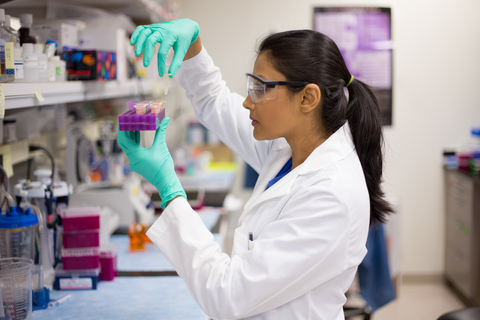Study to help people exercise and lose weight

The University of Bath are carrying out a study using a personalised diet and exercise programme to reverse the effects of weight gain and a sedentary lifestyle. The researchers can use this as a model to look at factors which may make some people more likely to develop type 2 diabetes.
The University of Bath say they are looking for participants who are male or post-menopausal female, aged between forty and sixty five, who have a BMI between 25 and 40 kg/m² and a waist size of over 80 cm if female or over 94 cm if male.
Participants will need to visit the University of Bath on several occasions over four weeks to take part. On their first two visits, the researchers will assess whether they are able to participate, complete a health screen, and collect some baseline measurements. These visits will be separated by one week during which time participants will be asked to wear a small device to monitor their physical activity and use a food diary to record their diet.
Participants will then be randomly assigned to either the control or the intervention group. The intervention group will receive a personalised diet and exercise plan created using their baseline measurements. This group will be provided with an exercise programme based around using a treadmill five times a week for three weeks at a moderate intensity, tailored to each individual’s level of fitness. One exercise session per week will be supervised by a member of the research team, who will provide an activity monitor to record the remaining sessions. The diet plan will keep the types of food and drink the same as the participant’s normal diet, but simply reduce the quantity of each item by a moderate amount to encourage weight loss.
Participants assigned to the control group you will be asked to simply maintain their normal diet and physical activity for three weeks. Both groups will be required to visit the University of Bath again before and after their three week trial period for testing. Participants assigned to the control group will be given the opportunity to receive exactly the same personalised diet and exercise plan as the intervention group but without any further testing.
This study is part of a series investigating how diet and exercise affects metabolism and gut health and is supported by grants from the Medical Research Council (MRC).
Dr Francoise Koumanov, a lecturer at the University of Bath’s Department of Health, said “This study will allow us to explore new mechanisms behind the development of type 2 diabetes and will also help us to identify new markers for the early diagnosis of insulin resistance. This can have important consequences for individuals at risk of developing type 2 diabetes. Participants will follow a fully personalised diet and exercise plan which we know has important health benefits from previous studies performed by our team in the Department for Health. Therefore participants in this study will contribute to an important medical research study at the same time as benefiting from our expertise in nutrition and metabolism. In return for their time and effort we will help them to better understand their physiological needs and how small changes in their diet and lifestyle can help them to control their weight and improve their health.”








